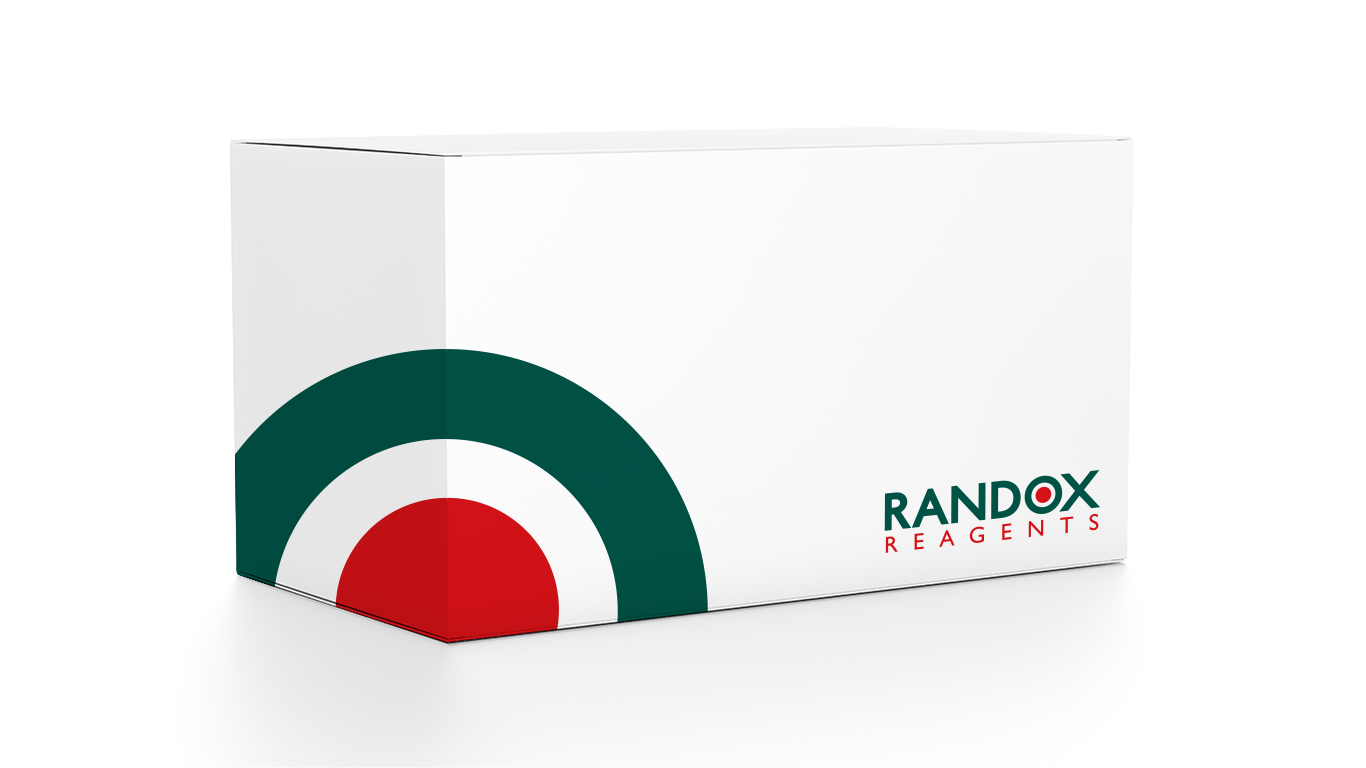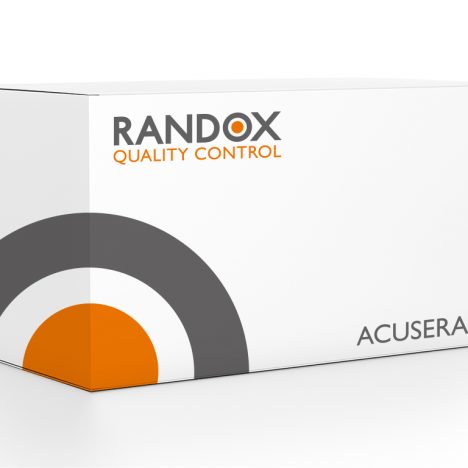Amylase Pancreatic Ethylidene assay
For the quantitative in vitro determination of Pancreatic Amylase in serum, plasma and urine. This product is suitable for automated, semi-automated and manual use.
$852.48
In stock
Description
Description
Intended Use
For the quantitative in vitro determination of Pancreatic Amylase in serum, plasma and urine. This product is suitable for automated, semi-automated and manual use.
Clinical Significance
The amylases are a group of hydrolases that split complex carbohydrates constituted of I D glucose units. The two recognised types of amylases are ? amylase (e.g. plant and bacterial exoamylase) and human I amylases which can attack the I 1,4 linkage anywhere along a polyglucan chain.
Human I amylase consists of two major isoenzymes, pancreatic and salivary, which are encoded by two different genes. Pancreatic amylase is synthesised only in pancreatic tissue by acinar cells, however the salivary amylase is found in numerous locations, such as salivary glands and female genital, pulmonary and malignant tissues.
Total amylase determinations used for the evaluation of pancreatic disorders often give misleading information due to the high concentrations of salivary amylase present. The evaluation of pancreatic isoamylase would have a greater clinical specificity for the diagnosis of pancreatic disorders than total amylase assessment.
This double monoclonal antibody (immuno inhibition) technique uses the synergistic action of two monoclonal antibodies. The antibodies will inhibit almost completely salivary amylase and therefore allow the measurement of pancreatic amylase.

